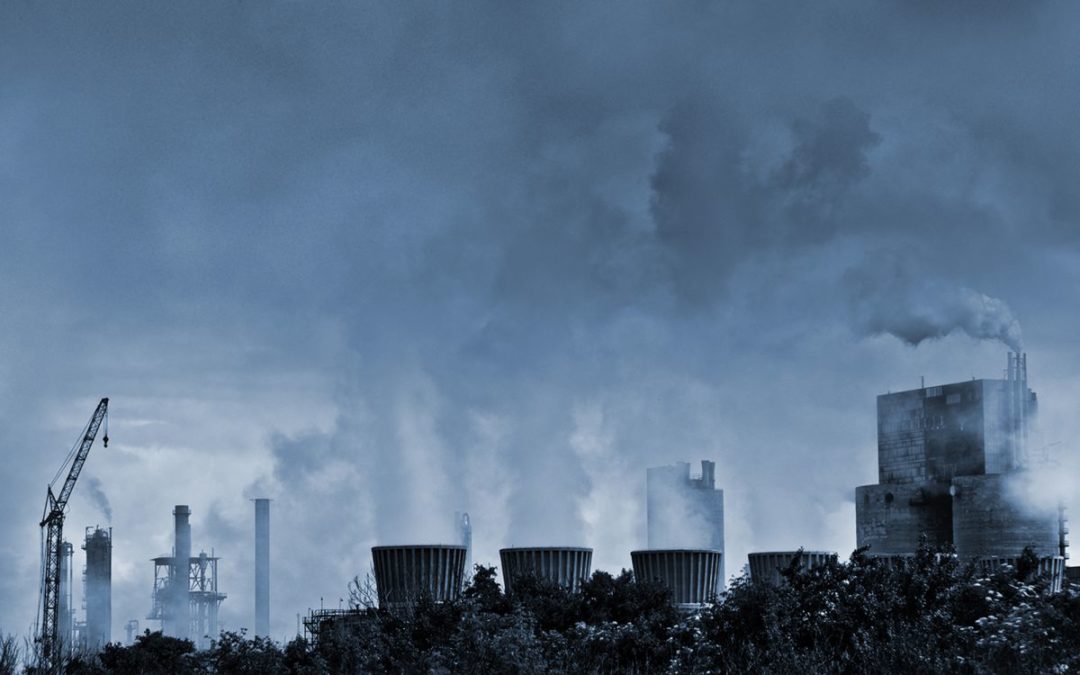Yesterday we held the first casting session for the two lead roles for our short film, Fractured, auditioning 15 actors. I was there not as the writer, but to meet and greet and try to put performers at ease while they waited their turn. I did manage to see a few of the auditions. And I must admit, there is nothing more thrilling than the moment when you hear one of your lines performed in exactly the way you intended it.
When we put out the casting call, we invited actors to record and upload a video, performing a monologue, which we had scripted. The brief was that Jonie was on the phone, leaving a voicemail for a family member back in New Zealand and Cara was talking to her dad. We made sure that the monologues had an emotional beat. Cara was calling her father out about one of his friends who was involved in the fracking industry, while New Zealander Jonie was feeling homesick and alone in London, leaving a birthday phone message for her favourite uncle.
Once Virginia, the director had chosen the best of the videos; the actors had to learn a scene, which isn’t in the script. It was fun to write, as it was Cara and Jonie in the office on their own, involved in a power struggle. It was a chance for us as writers to re-connect with our characters and to remind ourselves of their differences.
The actor auditioning for the role of Jonie or Cara had a reader playing the other part. The camera operator, Kate recorded all the takes on video, so that Virginia could assess the performances and their ability to take direction. Those auditionees who showed promise were given crucial new information about the character (those playing Cara were told that she has just found out that she has been written out of a family will) and the Jonies’, that her favourite uncle was terminally ill. They were then asked to replay the same scene. Or else the actors were told to re-play the scene as friends who enjoyed a bit of banter.
These different scenarios were fascinating: it made me realise that what a character knows (or doesn’t know) is crucial, with the potential to turn a scene on its head, providing a surprising twist, or reversal, that will send the story in another direction. And that’s something we writers need to think about every time we write one, as it’s these reversals that fuel a dynamic screenplay.
I came away from yesterday’s session feeling elated by the experience, yet all the more determined to see this film get made.
